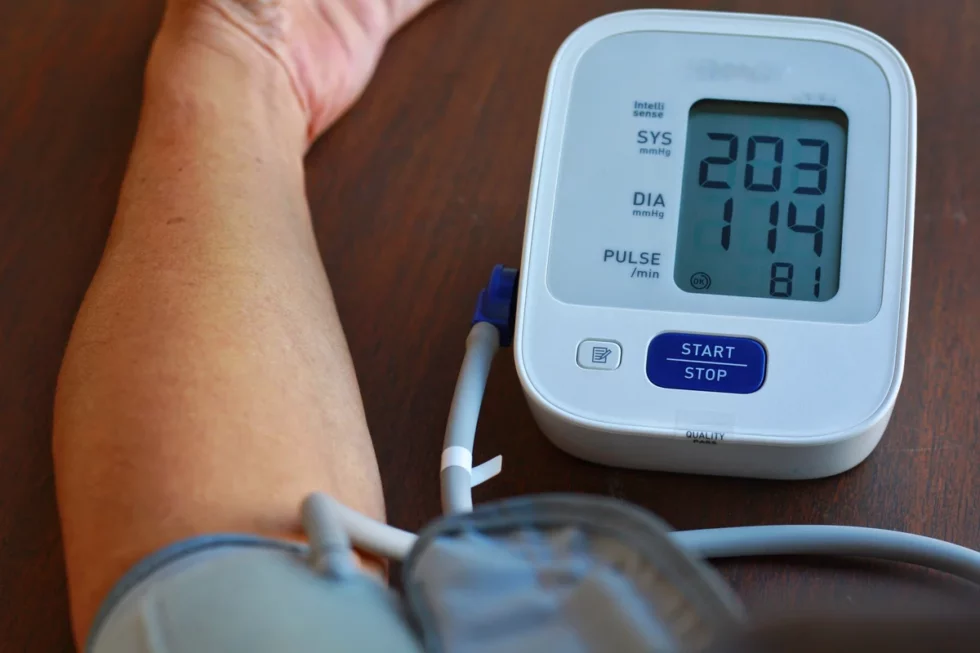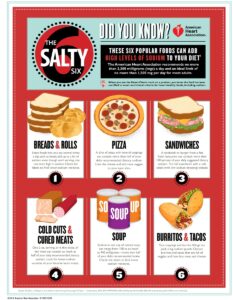Understanding and Combating High Blood Pressure: A Persistent Health Challenge

High blood pressure has been a health concern for decades, but its prevalence has seen a disturbing increase in recent years. This can be attributed to various factors, including lifestyle changes, dietary habits, and an aging population. High blood pressure is a leading cause of cardiovascular diseases, such as heart attacks and stroke, making its management a public health priority.

According to a research by University of Southern California, about 70% of Americans will have high blood pressure in their lifetimes. What’s more, only 1 in 4 patients with hypertension have their blood pressure under control. And because high blood pressure usually has no symptoms, you can have it without knowing it.
What Causes High Blood Pressure?
The causes of high blood pressure can be classified into two categories: primary (essential) hypertension and secondary hypertension. Primary hypertension, accounting for the majority of cases, has no identifiable cause but is often linked to genetics, age, and lifestyle factors. Secondary hypertension, on the other hand, is caused by underlying conditions, such as kidney disease, hormonal disorders, or the use of certain medications.
Lifestyle Factors
Several lifestyle-related factors have been closely associated with the development of high blood pressure:
- Diet: High sodium intake, excessive alcohol consumption, and a diet low in potassium can contribute to elevated blood pressure levels.

- Physical Inactivity: Lack of regular exercise can lead to weight gain, which is a significant risk factor for hypertension.
- Tobacco Use: Smoking and tobacco use can cause temporary spikes in blood pressure and contribute to damaged arteries.
- Stress: Chronic stress can lead to habits that increase blood pressure, such as unhealthy eating and alcohol misuse.

How to Prevent High Blood Pressure
Preventing high blood pressure is crucial for reducing the risk of heart disease and stroke. Here are some effective strategies:
Maintain a Healthy Diet
A diet rich in fruits, vegetables, whole grains, and lean proteins can help maintain a healthy blood pressure. The Dietary Approaches to Stop Hypertension (DASH) diet is specifically designed to help prevent or lower high blood pressure.
Exercise Regularly
Engaging in moderate to vigorous physical activity for at least 150 minutes a week can help lower blood pressure and improve heart health.

Limit Alcohol and Quit Smoking
Reducing alcohol intake and quitting smoking can have immediate benefits for blood pressure levels and overall cardiovascular health.
Manage Stress
Finding healthy ways to manage stress through relaxation techniques, exercise, or hobbies can help control blood pressure.
Regular Monitoring
Regular monitoring of blood pressure, even when it’s normal, can help detect any changes early and prompt timely interventions.
The Path Forward
While the prevalence of high blood pressure remains high, understanding its causes and implementing effective prevention strategies can make a significant difference. Lifestyle changes, coupled with medical management when necessary, can help combat this silent killer. As research continues to evolve, it’s crucial for individuals and healthcare providers to stay informed and proactive in the fight against high blood pressure.
